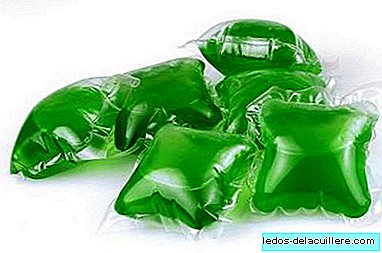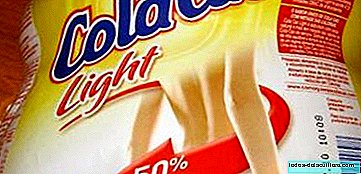
To what extent would raising taxes on sugary drinks cause fewer children to drink them? Is it effective to raise the price of food with little health benefits if the measure is not accompanied by consumer information? These are questions we ask when we know that in the United Kingdom it is proposed to apply a tax on sugary drinks To reduce your consumption.
More than seventy organizations in this country, including the College of Pediatricians and the Society for Public Health, support the proposal in order to improve the children's diet.
These associations signed today the initiative of the NGO Sustain, which states that with a tax equivalent to 23 cents per liter, 1,170 million euros would be collected per year, which in turn could be invested in more fruit and better meals in schools. Something for which, by the way, more public money should be allocated in any case.
In addition, this tax could discourage the purchase of this type of soft drinks, which, as we have seen in the blog, generate dental problems, overweight and obesity and could also be related to poor coronary health and other problems that report a high cost to health public
Sustain, with the support of the other entities, has asked the Minister of Economy to include that tax in the annual state budget that will be presented on March 20. We will be attentive to see if it is finally included.
Obviously, despite the support the proposal has received, it also has voices against it, and the British Association for soft drinks points out that a tax on those drinks will not achieve the goal of improving the diet, since according to them these drinks only contribute 2% of calories to an average diet.
That is, as long as there is a fondness for junk food or industrial pastries (and nothing is done against it) among many other foods, there is nothing to do. And although it is true that there are many other fronts, it is also true that sodas and sugary drinks in general may be at the head of products that are perceived as harmless.
What would be missing, in my opinion, is that there was more information about the harmful effects of these drinks (and many other foods), an educational campaign for parents and children in schools, and the promotion of healthy habits of nutrition, physical activity ...
If a child drinks a soda once in a while nothing will happen. The problem is when these drinks are consumed daily and without control, and if we add to this the sedentary lifestyle or the consumption of other foods high in fat and sugars, we are putting a red carpet to obesity and the problems that we have pointed out.












